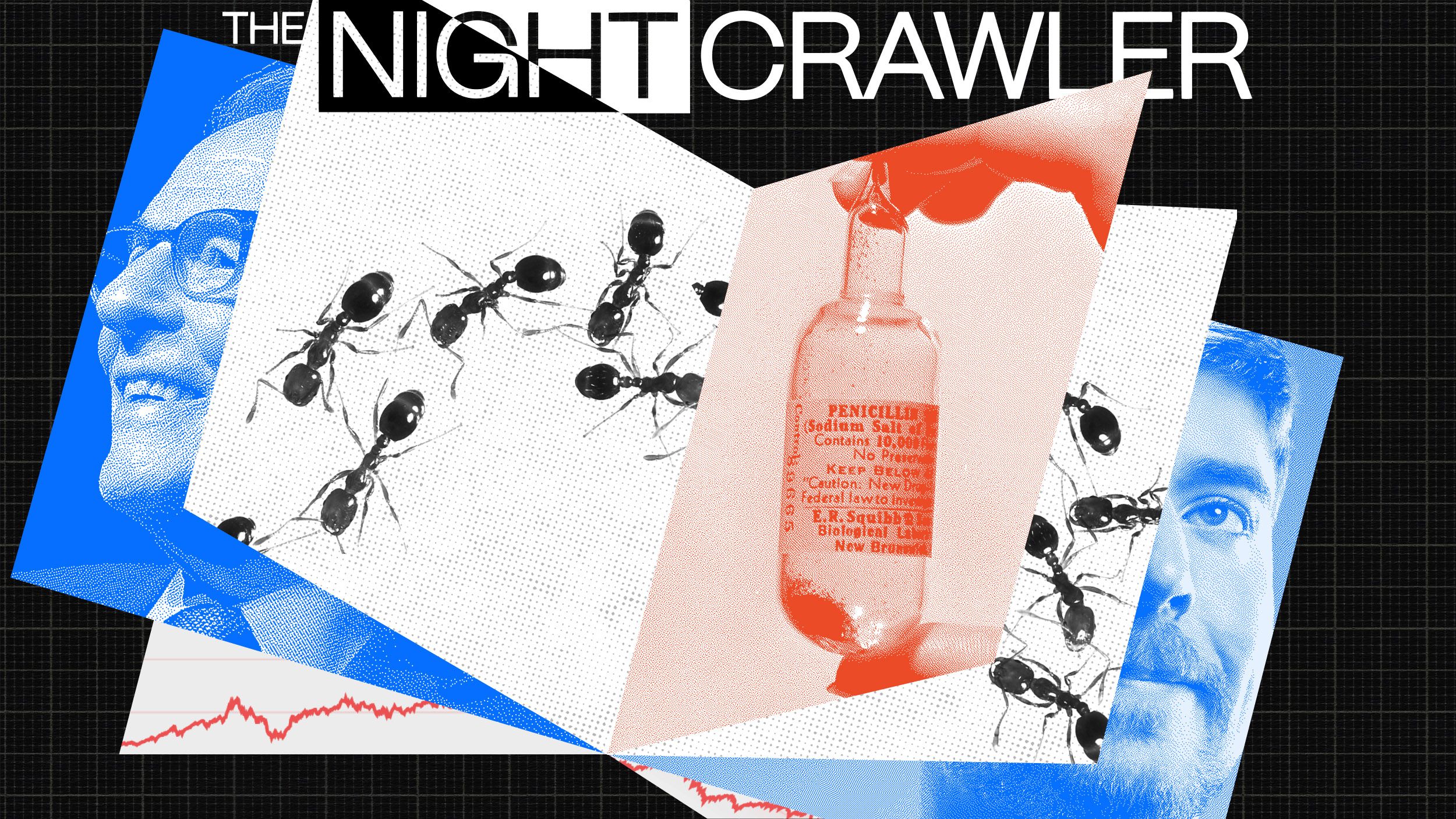3 Reasons Why You Should Play More Games (And Work Fewer Hours)

What’s the Big Idea?
In the U.S., the weekends sandwiching the 4th of July are the most popular travel time of the year. The cherries are ripe, the pool water is swimmable, and flip-flops are starting to look like appropriate work apparel. Summer is finally, undeniably here, and so is (hopefully) your vacation.
But even when you have the freedom to turn off your phone, forget the office, and rush headlong into the ocean, do you? Probably not.
Too often in adult life, reality and wild abandon don’t mix — and that, says game designer Jane McGonigal, is exactly the problem.
Watch our video interview with Jane McGonigal:
“We have this idea that playing games is kind of a waste of time,” says McGonigal. Despite her evangelical assertions that video games can change the world, “people kept saying, ‘Yeah, but it’s just a waste of time. Shouldn’t we be doing something more productive than avenging some Angry Birds?'”
What’s the Significance?
More than half of Americans play video games, and McGonigal believes the rest of us should practice what joystick virtuosos know instinctively: that there’s a difference between between having a good time and wasting time. Just ask World of Warcraft fans, who have collectively written a quarter of a million wiki articles on the art of WoW.
Why are gamers so obsessed? Because playing gives people a sense of purpose, and winning them makes them feel heroic. “There’s this kind of transfer of our confidence, of our creativity, of our ambition” from game-playing “to our real lives” says McGonigal. Research suggests that:
1. Games help us tap into positive emotions like curiosity, optimism, creativity, and even love. These emotions stay with us up to 24 hours after we play.
2. We’re more likely to cooperate with someone in our real lives after we’ve played a social game with them involving a cooperative mission.
3. We’re more likely to set an ambitious goal for ourselves after we’ve succeeded in a game. We’ll speak up more for ourselves. We’ll even flirt with more attractive stranger.
Simply put, it’s important that we recognize as a society that play is not just a momentary escape from our truly important work. Sometimes it’s the most important — and productive — thing you can do. It all comes down to how you define productivity. Symbols of productivity include drinking a lot coffee and toiling a lot of hours. But what do we really want out of our lives and in the lives of the people around us? More spreadsheets? More emails? The shakes?
A better metric for assessing our individual and collective achievements would be how meaningful they are, what impact they have on our well-being and the well-being of others. It’s the old quality-versus-quantity argument: we need to spend less time writing to-do lists and more time thinking about what’s on them.
Let’s be clear. This is not about fake fun — installing a slide in your office for instance, or dancing in a congo line with coworkers and wearing a silly hat for a week to celebrate business successes, as Zappos employees do.
This is about the entirely unselfconscious laughter-from-the-pit-of-your-gut, screaming-your-lungs-out-with-joy feeling that you get at the top of a roller-coaster or after an epic win. It’s not goal-oriented and it’s not organized, but it is a fundamentally necessary part of living. Do it. And not just because it’s good for you, but because you want to.
Watch Jane McGonigal’s Sunday Sermon on rethinking productivity:
Jane McGonigal – On Productivity from The School of Life on Vimeo.
Image courtesy of Shutterstock.com





